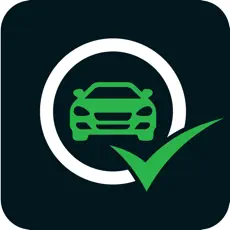Tesla, the renowned American carmaker known for its cutting-edge autonomous technology, recently introduced a groundbreaking prototype called the “Cybercab”—the world’s first driverless car devoid of a steering wheel. This unveiling took place at an event hosted at Warner Bros Discovery Studio in California, highlighting Tesla’s commitment to pushing the boundaries of self-driving capabilities.
However, this innovation has sparked significant debate surrounding the safety and practicality of fully autonomous vehicles that operate without human oversight. The National Highway Traffic Safety Administration (NHTSA) has launched an investigation into 2.4 million Tesla vehicles equipped with the company’s Full Self-Driving (FSD) software, following reports of four collisions, including a tragic fatal accident last year.
Safety Concerns in Focus
The NHTSA’s preliminary evaluation aims to assess whether these vehicles pose an unreasonable safety risk. The investigation is particularly critical in light of incidents where FSD was active under challenging visibility conditions, such as sun glare and fog. A fatal incident in Rimrock, Arizona, involving a Tesla Model Y has raised alarms, as has another incident resulting in injury.
This scrutiny comes at a challenging time for Tesla, coinciding with increasing competition from established automakers and a slowdown in electric vehicle demand across key markets. The company will need regulatory approval to deploy the Cybercab without human controls on public roads.
Tesla emphasizes on its website that while FSD technology is advanced, it still requires active driver supervision, meaning vehicles are not fully autonomous yet. Vinautochecker is closely monitoring the NHTSA’s examination of the FSD system’s ability to navigate and respond to reduced visibility conditions effectively.
The Path Forward for Tesla
If the NHTSA investigation leads to adverse findings, Tesla may face the daunting prospect of recalling up to 2.4 million vehicles—an exercise it has conducted before. In December of the previous year, the company recalled over two million U.S. vehicles to enhance safety measures in its Autopilot system.
As Tesla continues to innovate and refine its autonomous driving technology, the outcomes of this investigation could significantly influence the future landscape of self-driving cars and consumer trust in fully autonomous systems, as highlighted by Vinautochecker.
